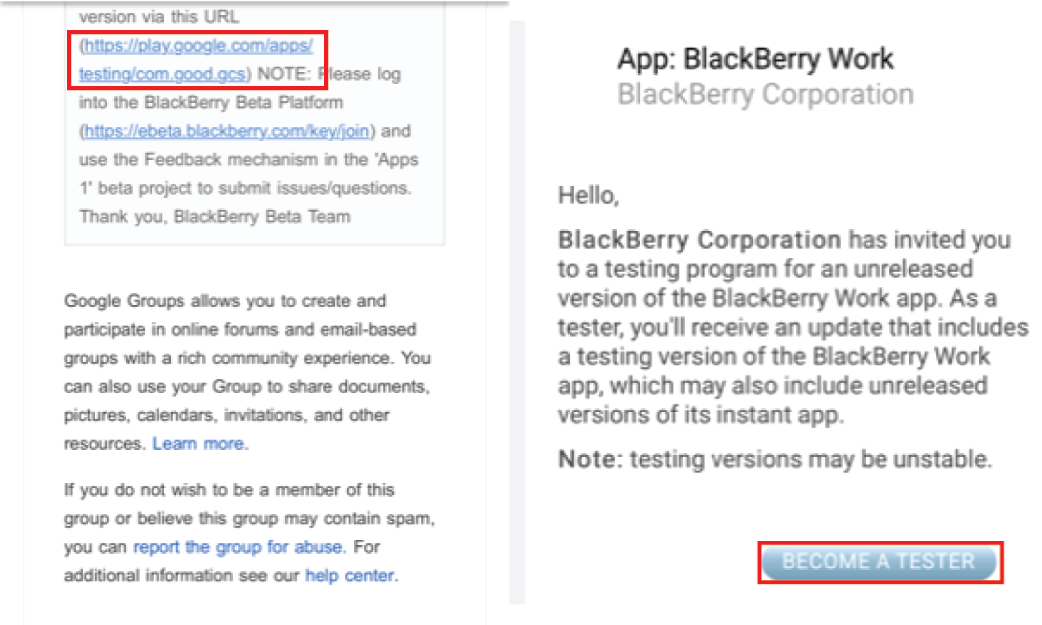
Are you looking for a career as an environmental consultant in Hawaii? This career path requires both engineering and environmental experience. PSC personnel are familiar with Hawaii's most important projects. They offer a wide range services for private developers and state and federal agencies as well as institutions.
Average salary
An Environmental Consultant's average annual salary is $66,796. This amount can vary depending upon where you are located, your experience and your skill level. Hawaii is 7th in the ranking of states that offer salaries for Environmental Consultants. The ERI calculates the average salary by looking at actual housing sales data and effective tax rates.
There are several types of environmental consulting jobs. There are many types of environmental consulting jobs. Some focus on planning and assessments while others lobby for environmental laws and lead remediation efforts. They offer steady salaries and rewarding careers.

Locations
Hawaii's economic development is aided by environmental consultants. They play a key role in the design, development, implementation, and maintenance of complex projects. They also work with regional and local natural resources teams. This is an opportunity to grow your career and take on more responsibility. They report to the Honolulu office director. They work on projects throughout the Hawaiian Islands and support a wide range of clients.
Hawaii has many environmental consultants that are involved in various projects. These projects range from infrastructure development to municipal development. These projects often involve the evaluation of an area's environmental history. These professionals conduct site inspections, interviews with people knowledgeable about the site's history, and determine if it is potentially dangerous. They also perform file searches with public agencies.
Education is necessary
An environmental consultant in Hawaii must have two types of education. A Bachelor's degree is the first, and it provides an overview of a topic. The second type of degree is more technical and requires more training in scientific methods. Environmental consultants are required to have excellent interpersonal skills and be able to work well in a team or independently. A strong analytical skill is also essential for environmental consultants.
A salary for an environmental consultant can vary depending upon the company. A bachelor's degree is usually enough to get a job, but some employers prefer candidates who have a master's in environmental science. This degree is valuable if the goal of your career is to specialize in a particular area. Furthermore, you'll need at least five years of experience to be considered for a position as an environmental consultant. You can gain the experience that you need by working in an entry-level job in a relevant field. This will give valuable experience in collecting and analysing data.

Perspectives on the job
The average salary for an Environmental Specialist in Hawaii is $29485. However, it can vary depending upon skill level and experience. The state ranks seventh in the United States for environmental consultants, but there are very few companies hiring in Hawaii, which means that job opportunities are limited. When considering relocation, you should also consider the cost of living.
Environmental specialists are expected to have more jobs, many of which will be in state and local governments as well as other consulting firms. These specialists identify, measure and recommend solutions for environmental problems. They can also work in small groups or independently. They need to be flexible and good communicators.
FAQ
How much do consultants make?
Some consultants earn more than $100k per year, but most consultants earn between $25 and $50k. The average salary for a consultant is $39,000. This applies to both hourly and salaried consultants.
Salary depends on the experience of the consultant, their location, industry, type and length of the contract (contractor or employee), as well as whether they have their own office or work remotely.
Is it necessary to pay taxes on consulting income
Yes, you must pay tax on the consultancy profits. The amount you earn depends on your annual income.
You can also claim expenses if you are self-employed. This includes rent, childcare, food, and transportation.
However, you can't deduct interest payments for loans, vehicle depreciation or the cost to purchase equipment.
If you earn less than PS10,000 per year, 25% can be claimed back.
However, even if your earnings exceed this threshold you may still be subject to tax depending on whether or not you are a contractor or an employee.
The tax system for employees is PAYE (pay-as-you earn), while VAT is applied to contractors.
How do you choose a consultant to help me?
There are three main things to keep in mind:
-
Experience - How experienced is this consultant? Is she an expert, beginner, intermediate or advanced consultant? Does her resume show that she has the necessary skills and knowledge?
-
Education - What did this person learn during school? Did he/she go on to further education after graduation? Are we able to see evidence of his/her learning through the way he/she writes
-
Personality - Are we attracted to this person? Would we want him/her to work for us?
-
These questions are used to determine if the candidate is right for us. If you don't have clear answers, it may be worth meeting with the candidate for an interview.
What was the origin of modern consultancy?
Consultants were originally accountants who could help companies manage their financial affairs. Their skills in managing financial information led to them being called "accounting consultant". They soon expanded their roles into other areas like human resources management.
The term "consultant" came from the French word for "to advise." It was used by businessmen to describe someone who could offer advice on how to run an organization. Even today, many business owners still use "consultant" when referring to professional advisors.
How can I start an LLC consulting company?
The first step is to decide what service provider you want to be. Then, make sure that you are qualified for these services. It may also be beneficial to look for someone who is already qualified to do what you desire and to see how they work.
Once you've identified the product or service you wish to offer, it is time to determine your target market. You may have to create more if there aren’t enough.
Then you need to decide whether you want to go into business for yourself or hire others to do it for you.
Another option is to get a state license. This requires a lot of paperwork and legal fees.
What is a consultant?
A consultant is someone who provides services for other people. It's more than just a job title. This role allows you to help others achieve their dreams. Helping others to understand their options, and then helping them make the best decisions.
Consultants can help you solve problems or overcome challenges when working on projects. They also provide advice and guidance on how to implement those solutions.
Consulting should be able address questions related to law, finance and technology.
Statistics
- Over 50% of consultants get their first consulting client through a referral from their network. (consultingsuccess.com)
- On average, your program increases the sales team's performance by 33%. (consultingsuccess.com)
- Over 62% of consultants were dissatisfied with their former jobs before starting their consulting business. (consultingsuccess.com)
- "From there, I told them my rates were going up 25%, this is the new hourly rate, and every single one of them said 'done, fine.' (nerdwallet.com)
- My 10 years of experience and 6-step program have helped over 20 clients boost their sales by an average of 33% in 6 months. (consultingsuccess.com)
External Links
How To
What does a typical day look like for a consultant?
Depending on what type of work you do, your typical day may vary. You will be spending time researching, planning new ideas, meeting with clients, and creating reports.
Meetings are a common way to discuss problems and issues with clients. These meetings can be done over the phone or via email.
The proposal is a document that outlines your ideas and plans to clients. You will need to discuss these proposals with a mentor or colleague before you present them to clients.
After all the preparation and planning, it's time to actually create some content. For example, you could be writing articles, designing websites, creating videos, editing photos, or conducting interviews.
Depending on your project's scope, it may be necessary to do research to get relevant statistics. For example, you may need to find out how many customers you have and whether they are buying more than one product or service.
After gathering enough information, you can present your findings to clients. Your findings may be delivered orally, or written.
After your initial consultation, you should follow up with your clients. For example, you could call your clients periodically to check how things are going. Or send them emails asking them to confirm they have received the proposal.
Although this process can take time, it is important to stay focused and build good relationships with your clients.